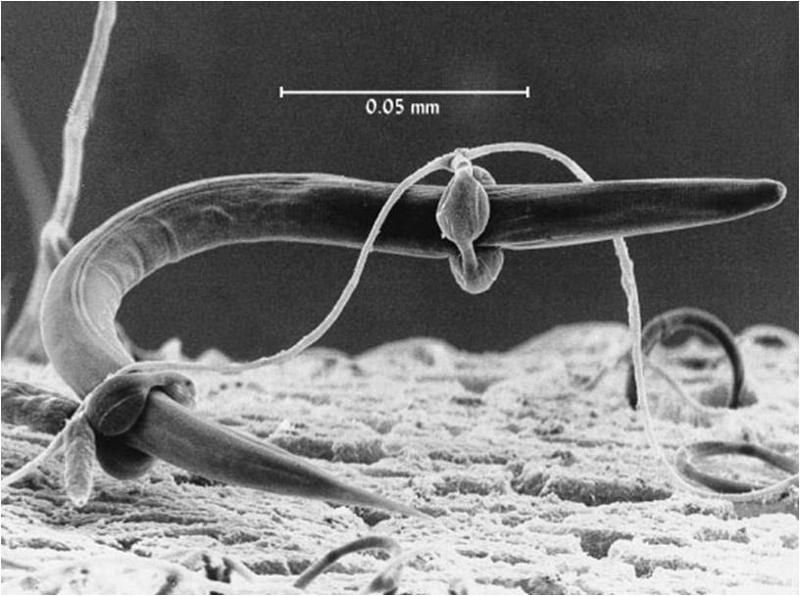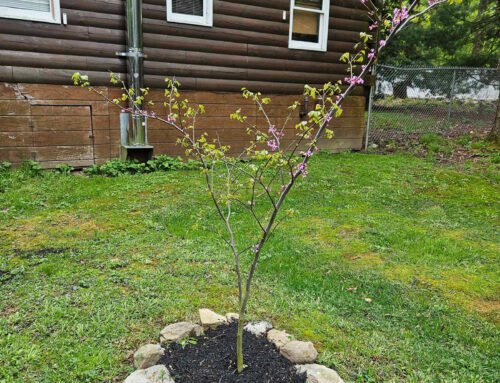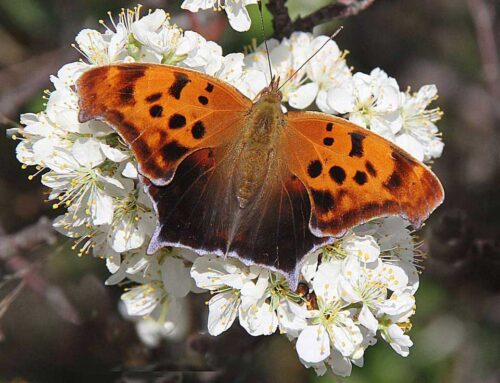 Lawn and garden season is once again rapidly approaching us. Ah, the great outdoors where once again our children will frolic on our lawns, there will be croquet games and badminton, and lush green lawns to manicure. But it all comes with a down side. Studies have shown that Americans apply approximately 70 MILLION pounds of pesticides to their landscapes, lawns and gardens each year!
Lawn and garden season is once again rapidly approaching us. Ah, the great outdoors where once again our children will frolic on our lawns, there will be croquet games and badminton, and lush green lawns to manicure. But it all comes with a down side. Studies have shown that Americans apply approximately 70 MILLION pounds of pesticides to their landscapes, lawns and gardens each year!
In order to be the envy of the neighborhood with lush greenery we sacrifice the environment not only ourselves but for birds and other wildlife and our water resources are adversely affected as well. These chemicals adhere to and contaminate our shoes and clothing and are tracked in to our homes. In almost every neighborhood there is some one individual who goes nuts and it becomes a “keep up the the Jones” when it comes to both lawns and applications of pesticides. A lot of water is also wasted to maintain this artificial green.
It may be time to rethink your strategy and “go green” and practice sustainable landscaping and lawn care practices.
If you are thinking of transitioning your lawn to organic, here is an overview of what you need to know about going green. The key to a healthy lawn is healthy soil and good mowing, watering and fertilizing practices. Healthy soil contains high organic content and is teeming with biological life. Healthy soil supports the development of healthy grass that is naturally resistant to weeds and pests. In a healthy, fertile and well‐ maintained lawn, diseases and pest problems are rare.
Increasing the organic matter in your lawn by as little as 5% will quadruple the soil’s ability to hold water. This is where compost tea comes into the picture. Compost tea is a concentrated organic liquid fertilizer that is made from steeping biologically active compost in aerated water. Compost tea is nutritionally rich and can help provide plants with beneficial soil bacteria. Some of its numerous benefits are:
1 – Improve plant growth as a result of protecting plant surfaces with beneficial organisms which occupy infection sites and prevent disease-causing organisms from finding the plant.
2 – Improve plant growth as a result of improving nutrient retention in the soil, and therefore reduce fertilizer use, and loss of nutrients into ground and surface waters.
3 – Improve plant nutrition by increasing nutrient availability in the root system as predator-prey interactions increase plant available nutrients in exactly the right place, time and amounts that the plant needs, Reduce the negative impacts of chemical-based pesticides, herbicides and fertilizers on beneficial microorganisms in the ecosystem
Even in the best of soils, the application of any chemical lawn fertilizer can kill soil microbes, repel earthworms, and ruin soil structure. As you walk your lawn and garden areas admiring your beds and grass, are you aware of the fact that plants have gardens also? Unlike our gardens, though, the plant’s gardens are entirely underground, and can only be seen for a brief period each year. They’re called mycorrhizae (my-coh-rise-eh), and they live in a symbiotic relationship with the plant itself.
Mycorrhizae are basically a fungi. Almost entirely of a microscopic size they are very tiny threads also knows as hyphae. They in turn are all interconnected within a vast web called mycelium which can measure miles, yet all tightly packed around a plant’s root system. Plants are excellent gardeners, trained by Mother Nature herself.
Plants, through the process of photosynthesis, take excessive sugar produced in their leaves and send it to the roots. Just like we fertilize our gardens, plants feed their own mycorrhizae. The mycorrhizae are able to absorb it thereby sustaining their growth and life.  The sugar from the plants literally keeps the mycorrhizae fed and alive. However, your plants aren’t going to give up their sugar reserves for nothing. They get a lot of things in return from the mycorrhizae, mostly in the form of nutrients, but also in protection from disease and toxins.
The sugar from the plants literally keeps the mycorrhizae fed and alive. However, your plants aren’t going to give up their sugar reserves for nothing. They get a lot of things in return from the mycorrhizae, mostly in the form of nutrients, but also in protection from disease and toxins.
Plants are able to get nutrients themselves through their roots, but they have meet certain criteria in order to do so. First and foremost their roots need to be in direct contact with the soil to absorb any nutrient, and plant roots only grow so small and therein lies their delimna. Fungi, on the other hand, can grow much smaller, very much smaller.
Fungal hyphae can wedge in between every nook and cranny within the individual bits of soil enabling them to cover almost every available cubic millimeter of soil. This increases surface area and allows the plants much greater access to nutrients than they could not get by themselves. For many plants living under difficult conditions, they wouldn’t be able to survive at all without mycorrhizae.
The mycorrhizae absorb nutrients such as phosphorus and magnesium and bring it directly to the plant roots. Here, they exchange the nutrients they’ve collected for some sugar. It’s a fair trade, and both sides benefit. Additionally, the mycorrhizae help plants out in a whole bunch of other ways. Mycorrhizae can help protect their plants against diseases and toxins.
Two other aspects of a lush green organic lawn
And with all of that, the basis of any lush green lawn is within it’s foundation, the very soil itself.
At Lincoln Landscaping cultivating the environment is our life and livelihood. It is our number one goal to help our clients create and maintain beautiful landscapes and organic lawns while reducing the impact on the environment. Whether you are interested in organic lawn care, a pollinator landscape garden design and build or other landscaping or property management project; we can create for you an environmentally friendly, organic and beautiful property through sustainable landscaping and lawn care practices.
Lincoln Landscaping of Franklin Lakes offers complete
organic landscaping, lawn care, turf and property management services.
Lincoln Landscaping “The Natural Choice”
Mike Kolenut President & CEO
https://lincolnlandscapinginc.com
(201) 848-9699








